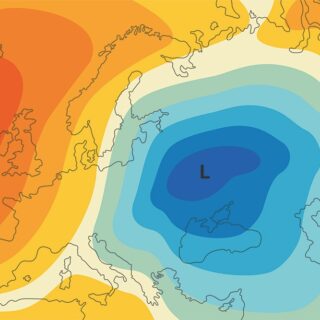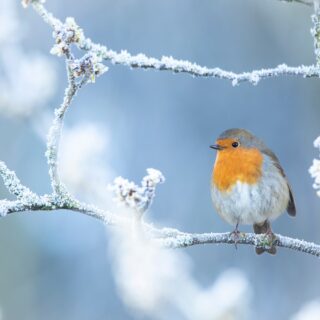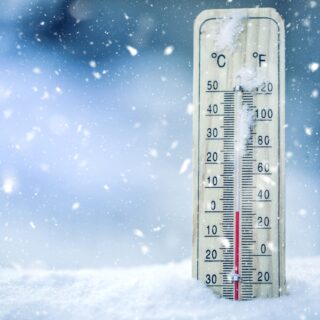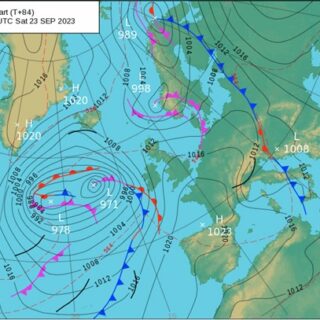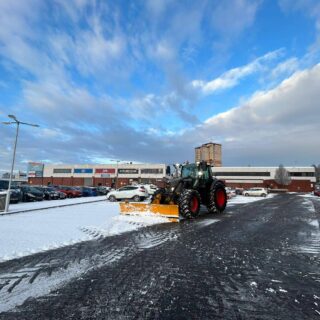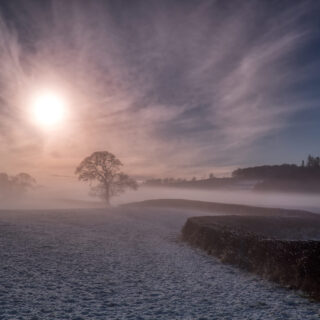Understanding Weather Systems
Ever wondered what drives the daily weather we experience? From the Jet Stream to the Atlantic Ocean's influence, discover how various factors shape the UK's weather patterns. Learn more about the role of high and low-pressure systems, and how they impact our daily conditions. Stay informed and prepared with Ice Watch!

